
News

- This event has passed.
Confession Then & Now: Thinking with Belhar in North America
October 13, 2022 @ 10:00 am - 3:00 pm
Event Navigation
Hosted by:
The Reformed Church Center at New Brunswick Theological Seminary
The Barth Center at Princeton Theological Seminary
Pittsburgh Theological Seminary
The Belhar Confession was first adopted by a South African synod in 1982, and Christian confessional responses to white-supremacist political and social structures remain an important subject forty years later. During that time, the Confession has traveled around the world and is used by a number of Reformed churches years after Apartheid ended in the 1990s.
Considering Belhar’s influence, the Reformed Church Center at New Brunswick Theological Seminary, the Center for Barth Studies at Princeton Theological Seminary, and Pittsburgh Theological Seminary gathered an international panel of scholars to discuss what it means to be a confessing church in twenty-first century North America.
“Confession Then & Now: Thinking With Belhar in North America” was a free online webinar, held on Thursday, October 13, 2022.
The webinar is presented in two parts:
• Part One: “Witnessing to Belhar.” Hanna Reichel discussed the background of Belhar with Rachel Baard and Derek Woodard-Lehmen; then Nathan Jérémie-Brink had a conversation with Belhar authors Alan Boesak and Dirk Smit and South African theologian Rothney Tshaka.
• Part Two: “Witnessing with Belhar.” These scholars were joined by pastors and theologians from across North America (Lisa Vander Wal, Morgan Bell, Riana Shaw Robinson, Stephanie Kaper-Dale, John Marc Sianghio, Matthew van Maastricht, and Lydia Tembo) as they each explore what it means to be a confessing church in their particular context.
Witnessing to Belhar Panel |
|
|---|---|
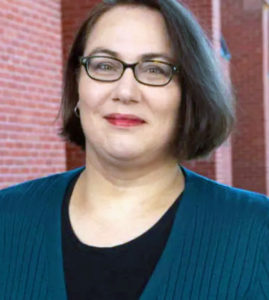 |
Rachel S. Baard is Assistant Professor of Theology and Ethics, and Director of the Master of Arts in Public Theology Program, at Union Presbyterian Seminary in Richmond, Virginia. A South African by birth, she studied theology at the University of Stellenbosch and later earned her Ph.D. in Systematic Theology at Princeton Theological Seminary in New Jersey. Her first book, Sexism and Sin-Talk: Feminist Conversations on the Human Condition, was published in 2019 by Westminster John Knox Press, and received the 2020 Andrew Murray / Desmond Tutu Book Prize in South Africa. |
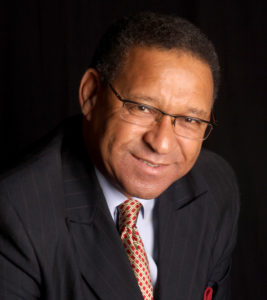 |
Allan Boesak is Professor of Black Liberation Theology and Ethics at the University of Pretoria and a global human rights activist. He is the author of twenty-four books, the most recent being Selfless Revolutionaries: Biko, Black Consciousness, Black Theology, and a Global Ethic of Solidarity and Resistance. |
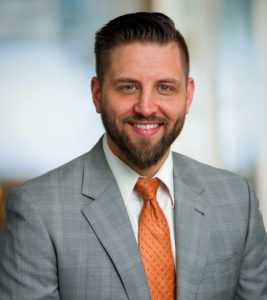 |
Nathan Jérémie-Brink is L. Russell Feakes Assistant Professor of Global Christianity at New Brunswick Theological Seminary, and a historian who specializes in Christianity, slavery, and abolitionism. He directs projects that center Black history and issues of social justice, including the Slavery + Freedom Studies Working Group, GospelMaterialities.com, and The SHELTER Project. He is also a Presbyterian minister engaged with faith communities on issues of antiracism and reparations. |
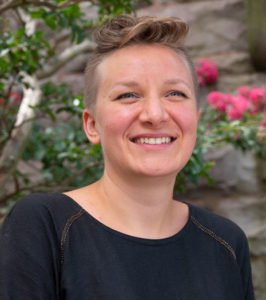 |
Hanna Reichel is associate professor of Reformed theology at Princeton Theological Seminary. Their research interests include theological method, epistemic justice, political theology, digital theology, and queer theology. Reichel is co-editor of Routledge’s Karl Barth Studies series, chair of Princeton Seminary’s Center for Barth Studies Advisory Board, and a member of the steering committees of the International Karl Barth Conference (Leuenberg, CH), AAR’s Reformed History and Theology unit as well as the Gesellschaft für Evangelische Theologie. |
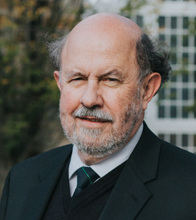 |
Dirk Smit is the Rimmer and Ruth de Vries Professor of Reformed Theology and Public Life at Princeton Theological Seminary. He is from South Africa, where he was a member of the Dutch Reformed Mission Church when the Confession of Belhar was drafted and adopted (1982/1986). He is a systematic theologian and has been active in both the local and ecumenical church, including the Reformed world. |
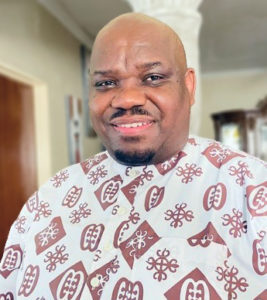 |
Rothney Stok Tshaka is a theologian and currently Director of the School of Humanities at the University of South Africa. He has published articles on the intersections of Black and African theologies, race and politics in South Africa, and has a particular interest in reformed theology in conversation with Black and African theologies as these continue to shape life and confession today. |
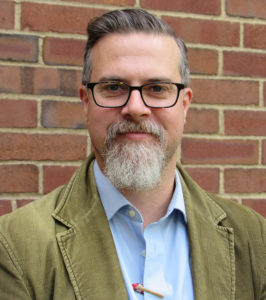 |
Derek Woodard-Lehman is Lecturer in Theology and Ethics at Pittsburgh Theological Seminary. His research and teaching ask how the theological question, “How shall we live as Christians?” informs and transforms the political question “How shall we live with other citizens?” in increasingly pluralistic and polarized communities. He is especially interested in how Christian commitments mobilize political resistance to racial injustice in cases like the American Civil Rights Movement (1940s-1970s), the German Church Struggle (1930s), the South African Anti-Apartheid Movement (1970s-1990s) and the Movements for Black Lives. |